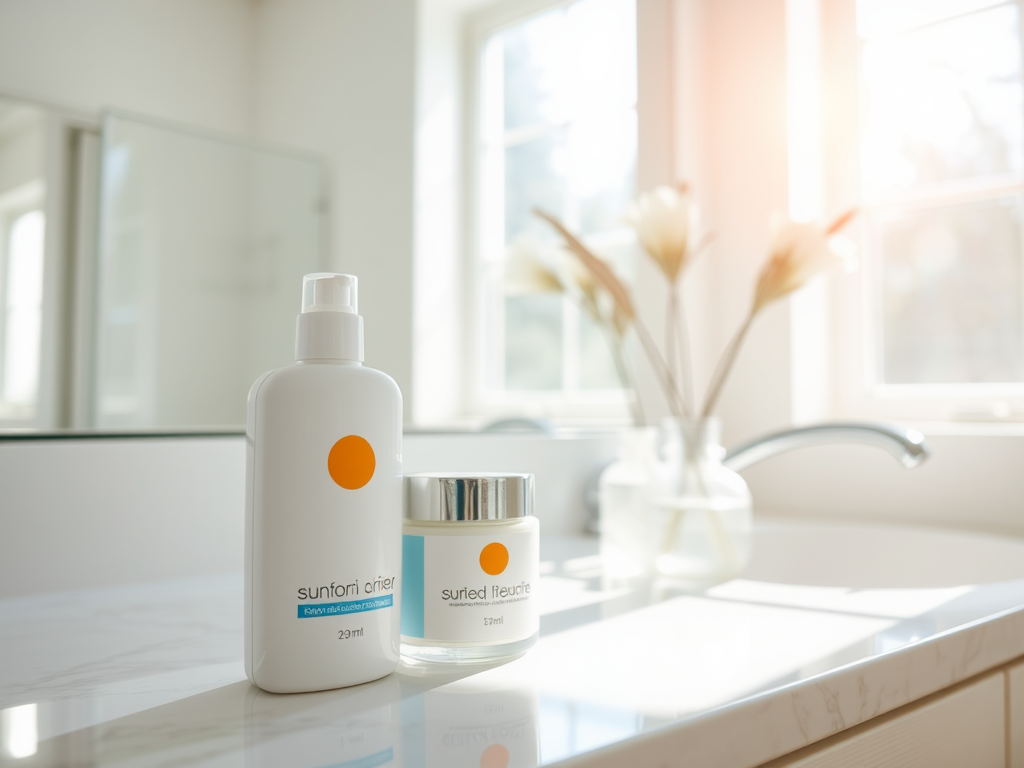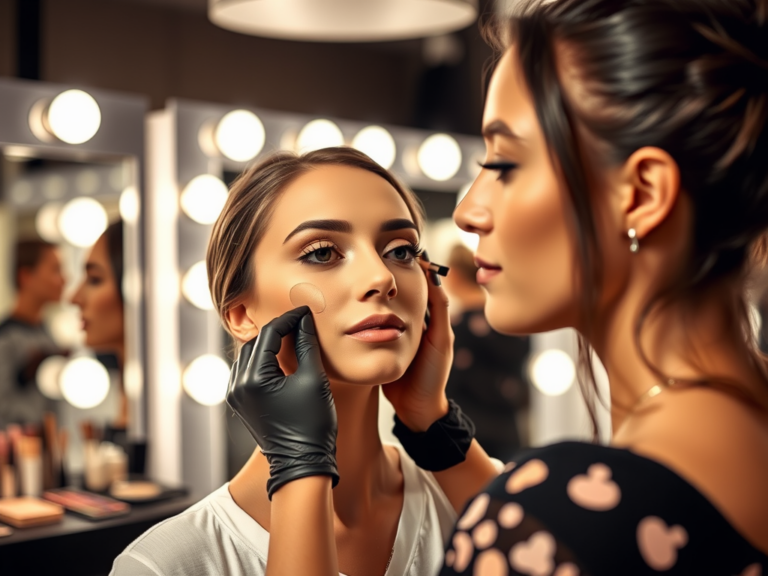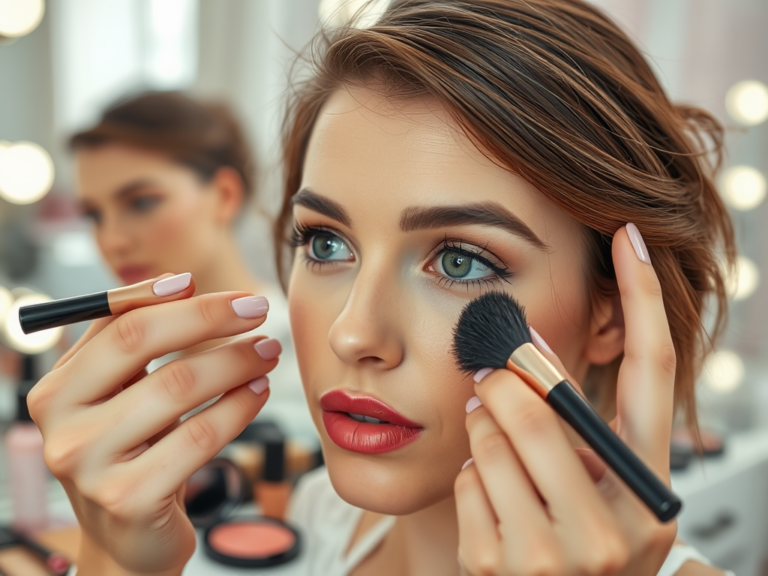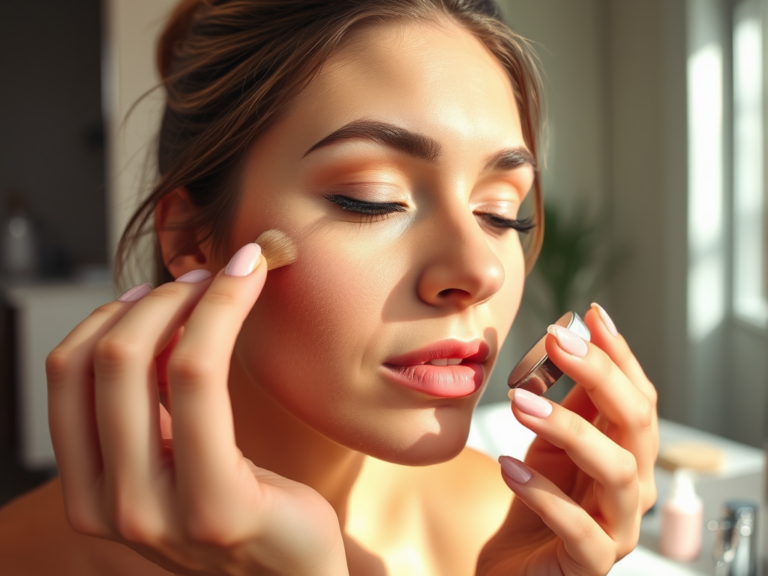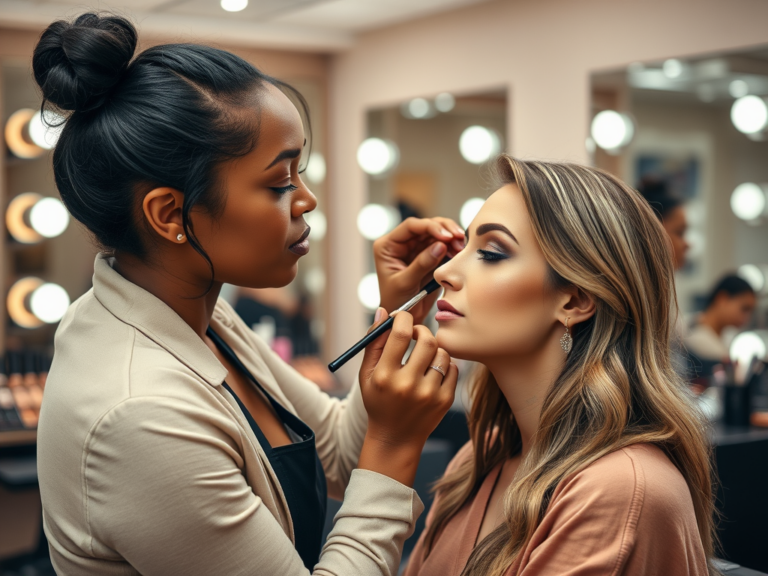Understanding the intricate dance between skincare products can vastly elevate our beauty routines. Among these products, sunscreen and moisturizer stand out as essential allies in the quest for healthy, radiant skin. The interplay between these two formulations goes beyond mere layering; it involves a science that protects and hydrates, creating a balanced skin environment essential for wellbeing. As we delve deeper into the unique roles of sunscreen and moisturizer, we’ll unravel how they not only complement each other but also form a formidable barrier against environmental aggressors. In doing so, we can address common misconceptions and provide insights on how to optimize your skincare regimen for the best possible outcomes.
Understanding Sunscreen
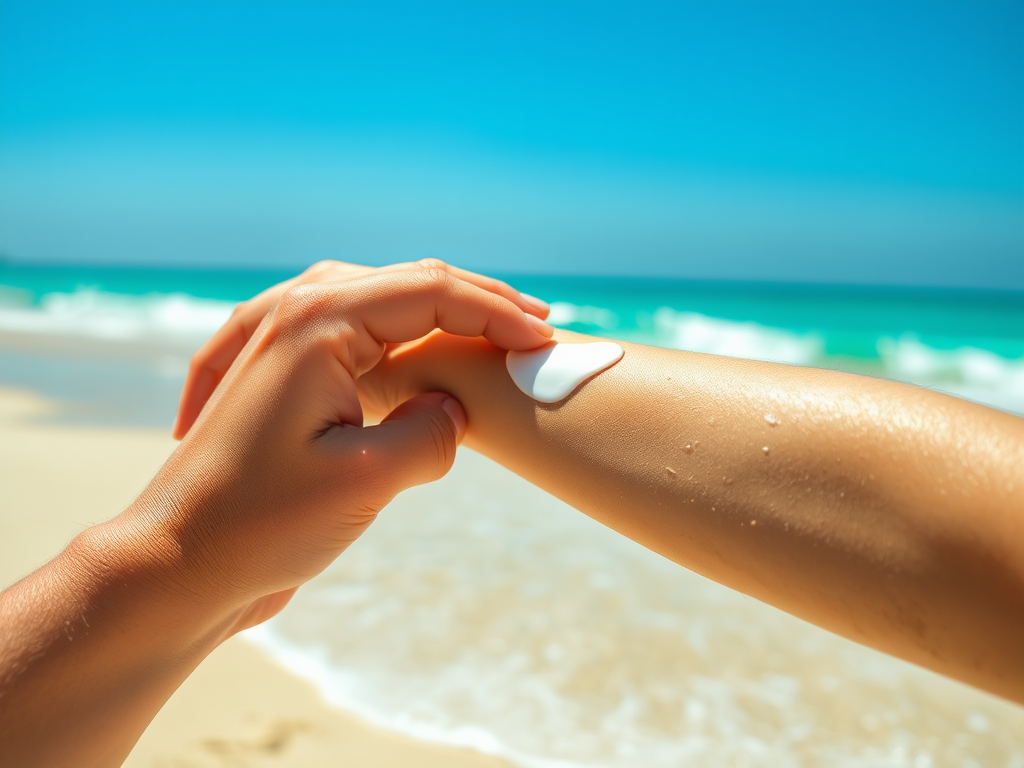
Sunscreen, often seen as an afterthought, plays a pivotal role in our daily skincare routine. Its primary purpose is to shield the skin from the sun’s harmful ultraviolet (UV) rays, which can lead to premature aging, sunburn, and even skin cancer. Sunscreens can be categorized into two main types: chemical and physical. Each type possesses unique properties and mechanisms that contribute to UV protection. Chemical sunscreens absorb UV radiation, while physical sunscreens contain mineral ingredients that reflect and scatter UV rays. Understanding the science behind these formulations is essential for making informed choices about sun protection.
- Chemical Sunscreens: Often lighter in texture, they are easily absorbed into the skin.
- Physical Sunscreens: Typically thicker, they create a protective barrier on the skin’s surface.
- SPF Ratings: A higher SPF number indicates a greater level of protection against UVB rays.
It’s crucial to note how UV rays damage the skin. UVA rays penetrate deeply, contributing to skin aging and cancer formation, while UVB rays are primarily responsible for causing sunburn. To understand how to effectively protect skin from these harmful rays, one must understand the significance of SPF ratings. Choosing a broad-spectrum sunscreen—protecting against both UVA and UVB—should be a priority for anyone serious about their skincare.
The Role of Moisturizer

Moisturizers serve as the foundation for healthy skin by providing essential hydration. Not only do they help to restore moisture in the skin, but they also assist in maintaining the skin’s barrier function. Key ingredients commonly found in moisturizers include hyaluronic acid, glycerin, and ceramides, all of which play different roles in nourishing the skin. Understanding how these ingredients work enhances your ability to choose the best formulation for your needs.
| Ingredient | Function | Benefits |
|---|---|---|
| Hyaluronic Acid | Hydration | Holds up to 1000 times its weight in water, providing intense moisture. |
| Glycerin | Humectant | Draws moisture to the skin and keeps it supple. |
| Ceramides | Barrier Repair | Restores the skin barrier and prevents moisture loss. |
Moreover, understanding the science behind hydration is essential for maintaining healthy skin texture. By restoring moisture and strengthening the skin barrier, moisturizers significantly improve skin elasticity and overall appearance. For individuals with unique skin types—such as oily, dry, or sensitive—choosing the right moisturizer is equally crucial.
Synergy Between Sunscreen and Moisturizer
The importance of using sunscreen and moisturizer together cannot be overstated. When used in tandem, these products create a shield that protects against UV damage while maintaining skin hydration. Notably, moisturizers can enhance the effectiveness of sunscreens by ensuring even application and promoting a smoother finish. The protective layers formed by these products work together to hydrate and shield skin, providing double duty against environmental aggressors.
- Layering Technique: Always apply moisturizer first, followed by sunscreen.
- Hydration First: A well-hydrated skin surface allows for better absorption of SPF.
- Daily Use: Incorporate both products into your daily routine for maximum benefits.
Choosing the Right Products
When selecting sunscreens and moisturizers, there are various factors to consider for optimal efficacy. Skin types play a significant role—oily, dry, combination, and sensitive skins warrant unique formulations. Ingredients are another critical aspect; you should be aware of what to look for and avoid in skincare products. Some ingredients might aggravate issues such as acne or irritation.
- Oily Skin: Look for lightweight, oil-free formulations.
- Dry Skin: Choose products rich in moisturizing agents like ceramides and fatty acids.
- Sensitive Skin: Opt for fragrance-free products that minimize irritation.
Additionally, it is always advisable to consider dermatologist recommendations for tailored skincare routines, especially for individuals with specific concerns or conditions. The right products can dramatically enhance the defensiveness and vitality of your skin.
Conclusion
In summary, the science behind sunscreen and moisturizer illustrates that these products are not only effective on their own but are exponentially more beneficial when combined. Their unique properties and synergy create a powerful solution for maintaining healthy skin. By applying both products, you ensure your skin is shielded and hydrated, forming a dynamic defense against environmental harm. As you navigate your skincare journey, prioritize the harmony between these two essentials for radiant, resilient skin.
Frequently Asked Questions
- What is the difference between chemical and physical sunscreen?
Chemical sunscreens absorb UV rays, while physical sunscreens block them, creating a barrier on the skin. - Can I use sunscreen and moisturizer at the same time?
Yes, it’s recommended to apply moisturizer first, followed by sunscreen for maximum protection and hydration. - How often should I reapply sunscreen?
Generally, you should reapply every two hours, especially after swimming or sweating. - Is it necessary to use moisturizer if I have oily skin?
Absolutely! Even oily skin needs hydration; opt for a lightweight, non-comedogenic moisturizer. - Can some moisturizers replace sunscreen?
Some moisturizers contain SPF, but it’s usually best to use a dedicated sunscreen for full protection.
